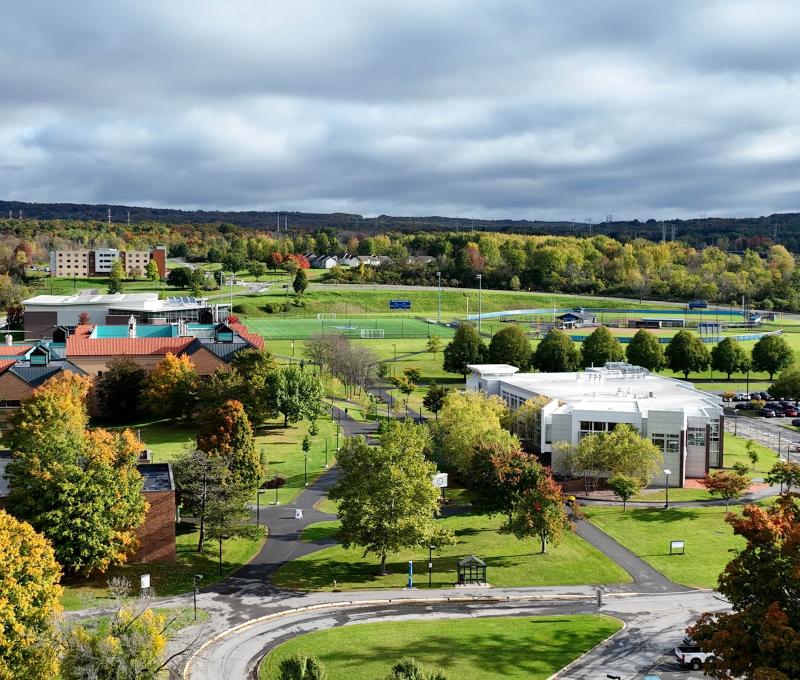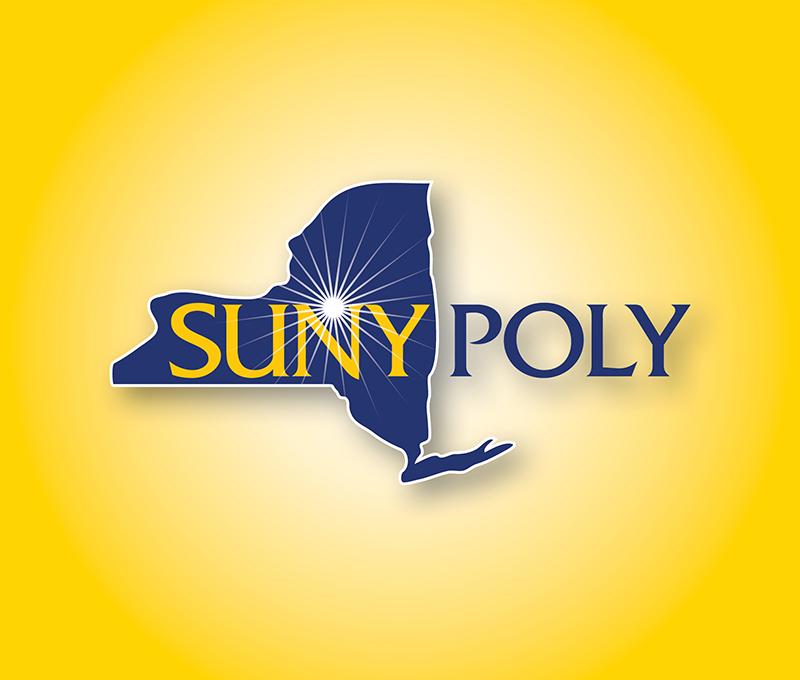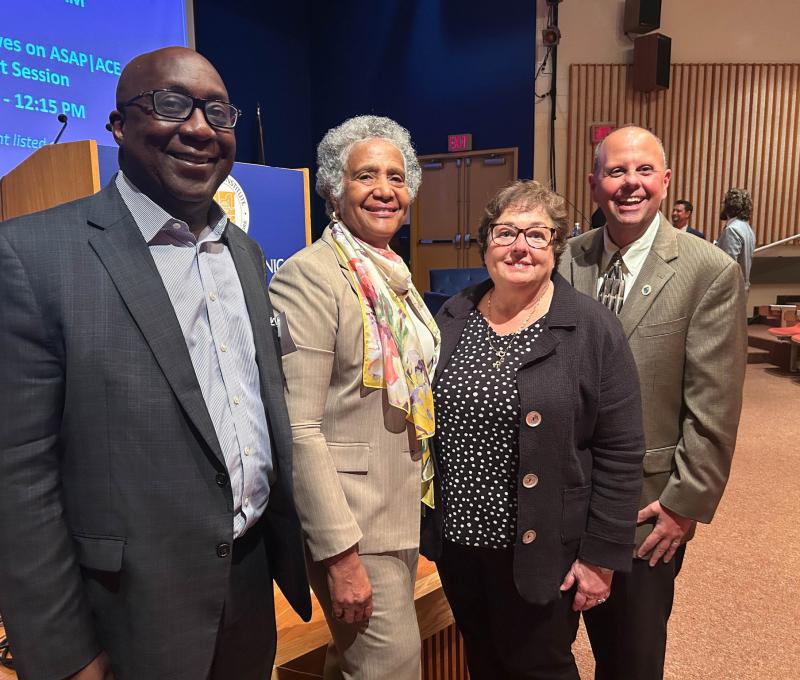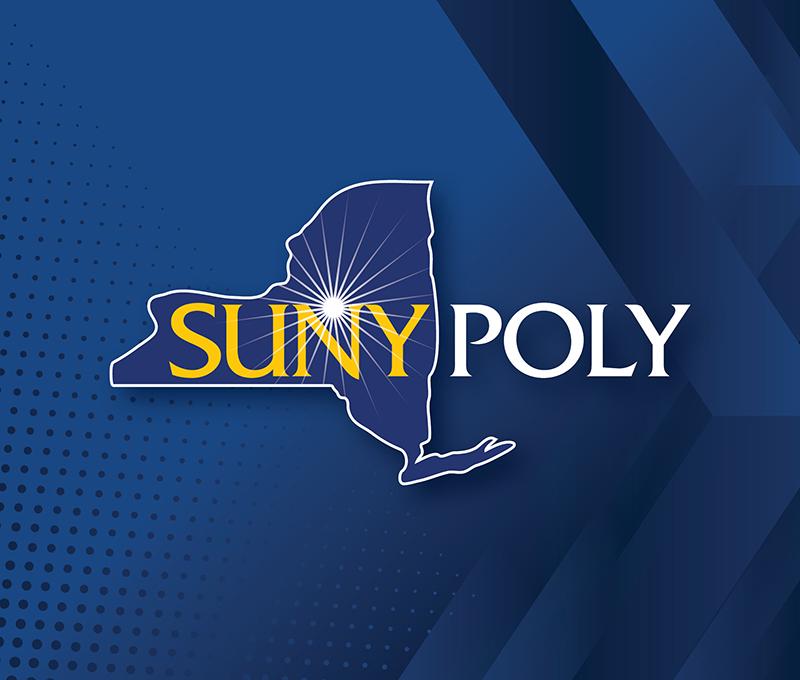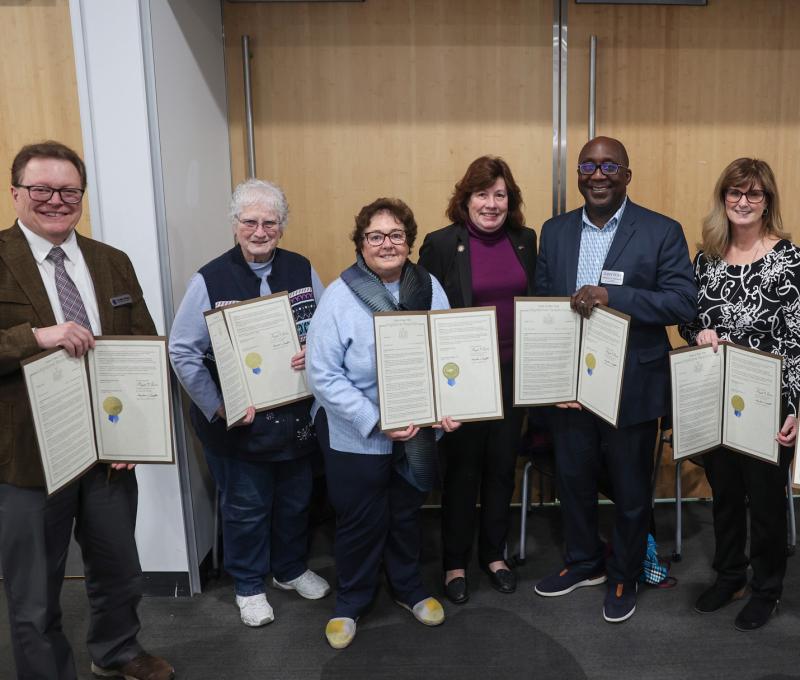Dr. Singh Secures $50,000 SUNY TAF Grant for Cutting-Edge Wireless Communication Research
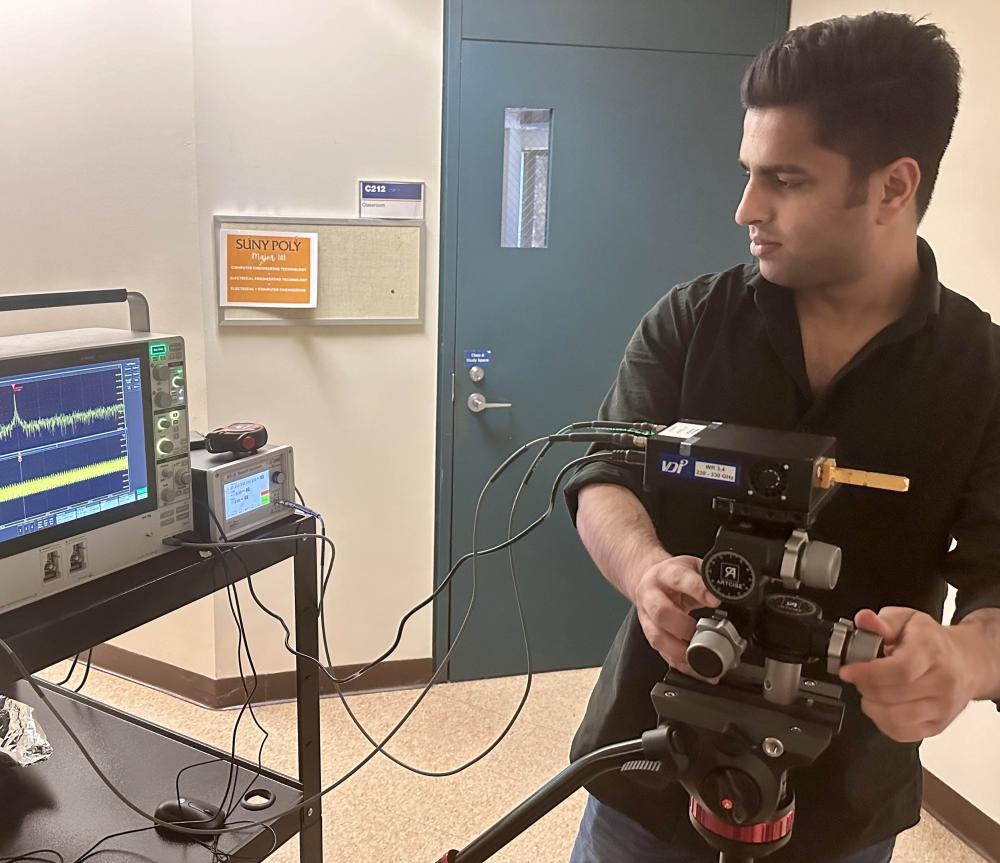
UTICA, NY — SUNY Polytechnic Institute (SUNY Poly) is pleased to announce that Dr. Arjun Singh, Assistant Professor of Electrical and Computer Engineering and Director of the university’s Wireless Intelligent Next Gen Systems (WINGS) Research Center, has been awarded a $50,000 grant from the State University of New York’s Technology Accelerator Fund (SUNY TAF) to support cutting-edge research into a new method of wireless data transmission.
Dr. Singh serves as the Principal Investigator for SUNY Poly in this joint project, conducted in collaboration with researchers at the University at Buffalo. The research explores an innovative communication technique that transmits data using the wavefront of an electromagnetic signal—rather than the traditional waveform. By encoding information in the spatial geometry of the wavefront, the method has the potential to dramatically improve signal robustness and efficiency.
“This project allows us to experimentally validate a fundamentally new paradigm in wireless communication,” said Dr. Singh. “We’re designing systems where the shape of the signal itself conveys information, offering a potentially transformative leap in how we think about wireless connectivity.”
Additional projects
Dr. Singh is also part of a $200,000 NSF AI-Planning project, “Collaborative Research: Planning: AI-Ready: DHARMA.AI – Digital Hardware + Analog-RF for Multifunctional Apertures with AI.” Led by Florida International University with Northeastern University and Princeton University as partners, the project will develop an AI-enhanced wireless testbed and is part of the NSF's recent initiative on expanding AI-ready testbeds. SUNY Poly’s $30,000 share will support Dr. Singh’s leadership in creating a specialized AI expert system, similar to a GPT but trained for near-field THz communication, that will be a resource for researchers nationwide.
He was also recently awarded a $175,000 grant from the National Science Foundation’s (NSF) Computer and Network Systems Division through its CRII: NeTS program, advancing the potential for more reliable wireless networks that will power everything from smarter phones to advanced healthcare and transportation systems.

